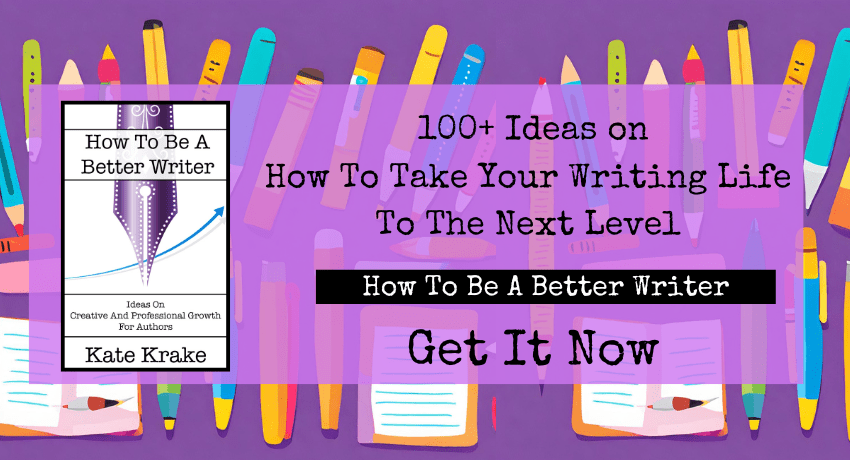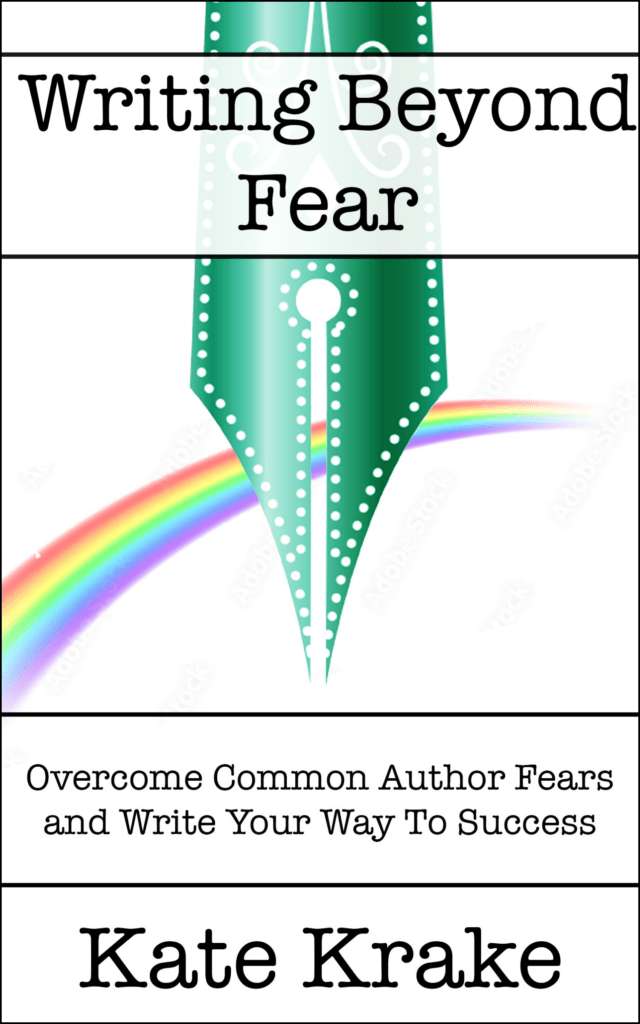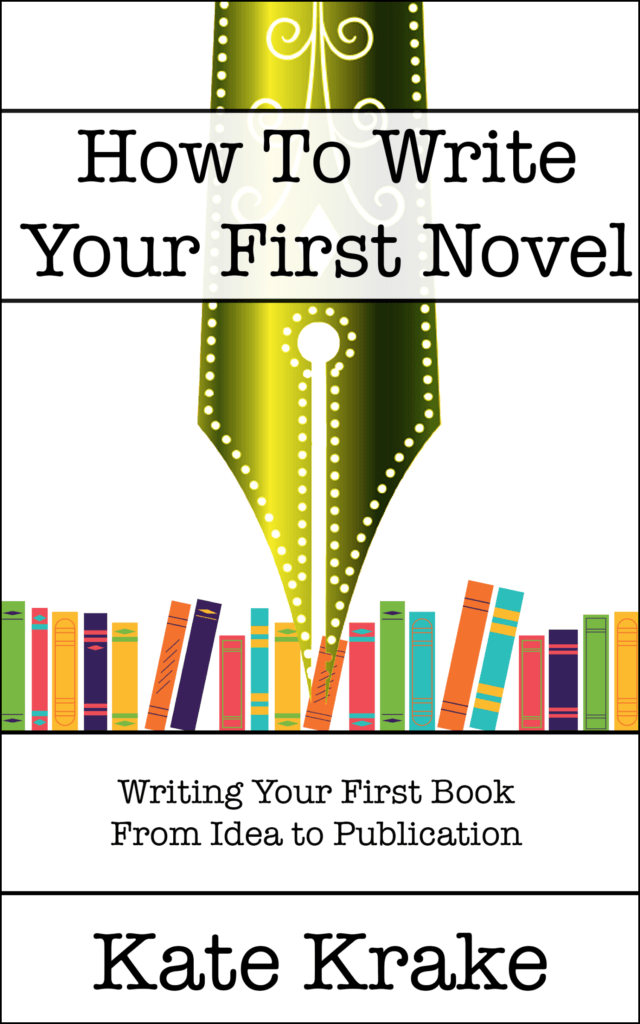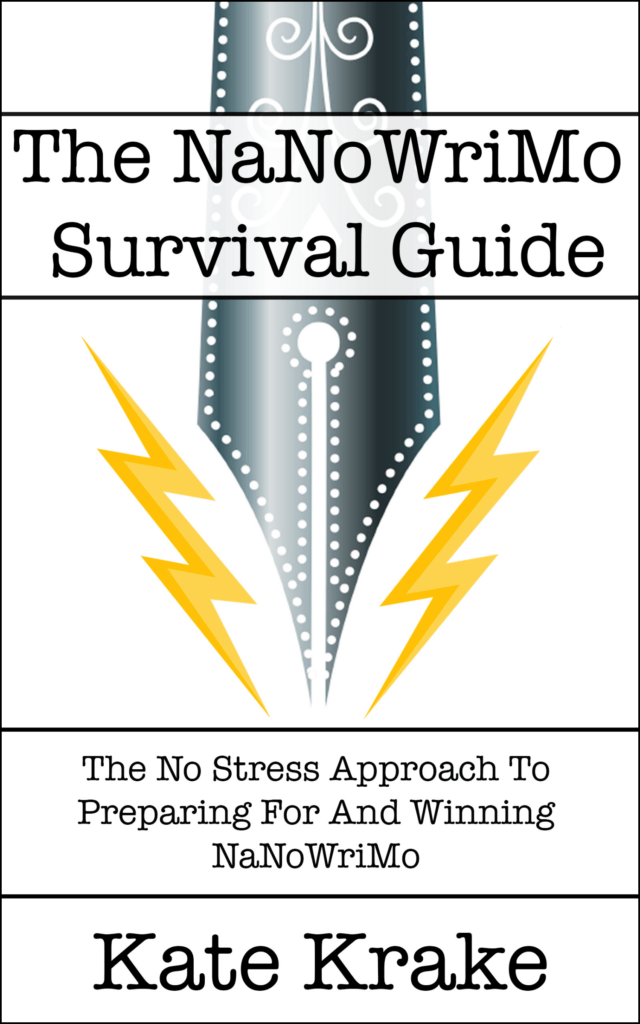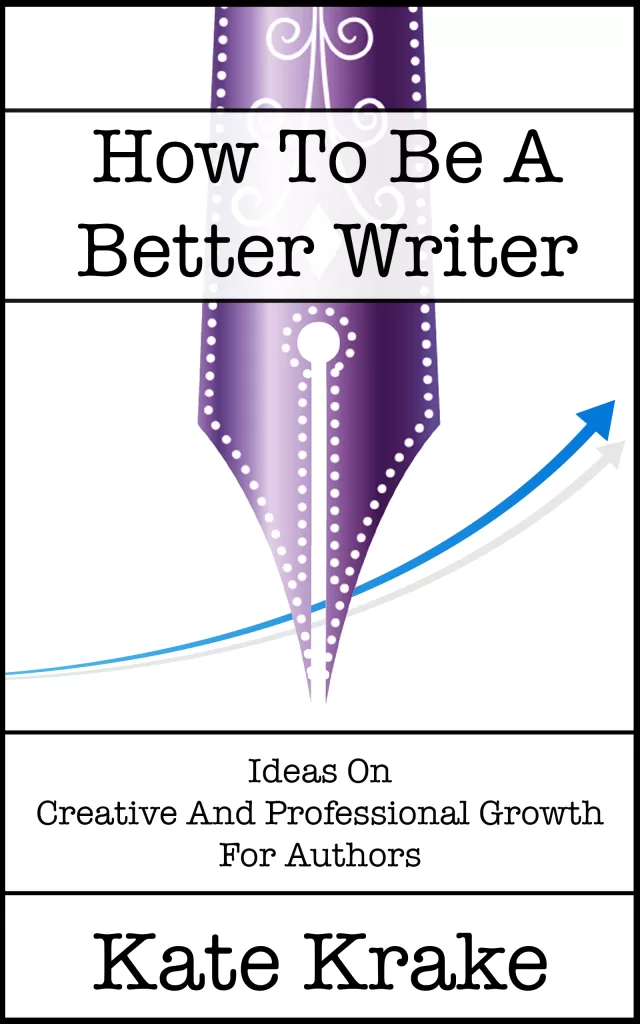How often do you should yourself?
“I should write more.”
“I should write in a series.”
“I should market my books more.”
“I should meditate?”
“I should read more.”
“I should eat more vegetables.”
“I should exercise more.”
Creatives are particularly prone to shoulding because we see so many options, so much potential in so many things.
When we’re trying to introduce more creative practices in our lives, the Shoulds come in heavy.
We want to do new things, expand our horizons, and broaden our minds, explore our creative potential. But we get stuck, always running, always looking out the window at everything else there is in the world, making notes to go back and grab those things when the wheel stops or slows or changes direction. Life seldom does any of those things, but we still remember what we saw out the window, and now we have guilt that we haven’t yet gone and grabbed it.
What Are Should Statements?
Shoulds can manifest as Oughts, Musts, Have Tos, and also extends to Should Nots.
Should is a weird state. We know we want something, we know something would be good for us, we see all the benefits of it, and yet…… we don’t do it.
Should statements are misaligned pressure and unfocused obligations that hinder our creative minds.
Need To is different.
You need to do the work that pays the bills. You need to eat, sleep, drink, play, connect, rest. You need to take care of your kids. You don’t actually need to do anything outside of the basic survival and civil operations. I suppose you could argue that civil actions aren’t a need at all, but for the scope of this article, let’s assume that we all want to live in a modern civilized society; thus, we need to obey the laws and follow the conventions.
Should often operates subconsciously, based on our ideas of what a successful life looks like. Should pressure connects to emotion, perceived satisfaction, and a fear of missing out on the benefits we see at the other end.
We should eat more vegetables or exercise regularly because we believe it would be good to have a healthy body and increased energy. We should turn off the TV and go to bed earlier because we believe more sleep will improve our energy and mood.
We should write more because we imagine finishing that novel will be satisfying and potentially earn money. We should make time for XYZ creative pursuits we’ve said we wanted to do for years because we believe these things will enrich our lives and make us happy.
Perhaps this is all based on experience, a pressure to “get back into” something we used to do. Or some things seem like they might be a nice new thing to try. Either way, we imagine there’s a reward at the end, and in creative pursuits, this is foremost an emotional benefit.
Cognitive Distortion
According to the experts, should statements are a type of cognitive distortion.
“Cognitive distortions are biased perspectives we take on ourselves and the world around us. They are irrational thoughts and beliefs that we unknowingly reinforce over time.”
Courtney E. Ackerman
Should statements create an inaccurate picture of our lives because they force us to cling to something that doesn’t exist but could exist if only we did the thing.
When we don’t follow through with it, and the should remains a null state, it can lead to anger, resentment, disappointment in ourselves, guilt, anxiety, depression. Do these sound like fertile states for creative living?
Does Should Have Any Benefit?
While should statements running rife around your brain have the potential to breed into negative thought spirals, even anxiety and depression, they could also have the potential to bring a positive spin in that they can guide us toward our desires.
But only if we know how to tame them…
Swap Should for Could
Should is an external pressure, even though we often put it on ourselves. It’s chasing something on the outside.
What happens if we swap Should for Could?
“I could write more.”
“I could try this different marketing practice.”
“I could exercise more.”
We can improve that even further by adding a process to the could to make it more doable.
“I could get up before the kids and write for twenty minutes.”
“I could assign one week to learning how to use these ad campaigns and market my books differently.”
“I could go for a walk after lunch.”
Instead of the guilt-laden vagaries of should, we now have an actual possibility and a plan to execute it.
Could is empowering and gives us a choice of whether or not we would like to pursue something.
Could statements are expansive. Could statements are creative.
Weigh Up the Desire. Then Act or Let Go.
So now, instead of a pressure, we’ve got an option.
How much do you desire a writing practice? Is it enough to sacrifice some sleep or something else to get?
I Should…
I Could…
Do I Want to?
Do it.
Let it go.


